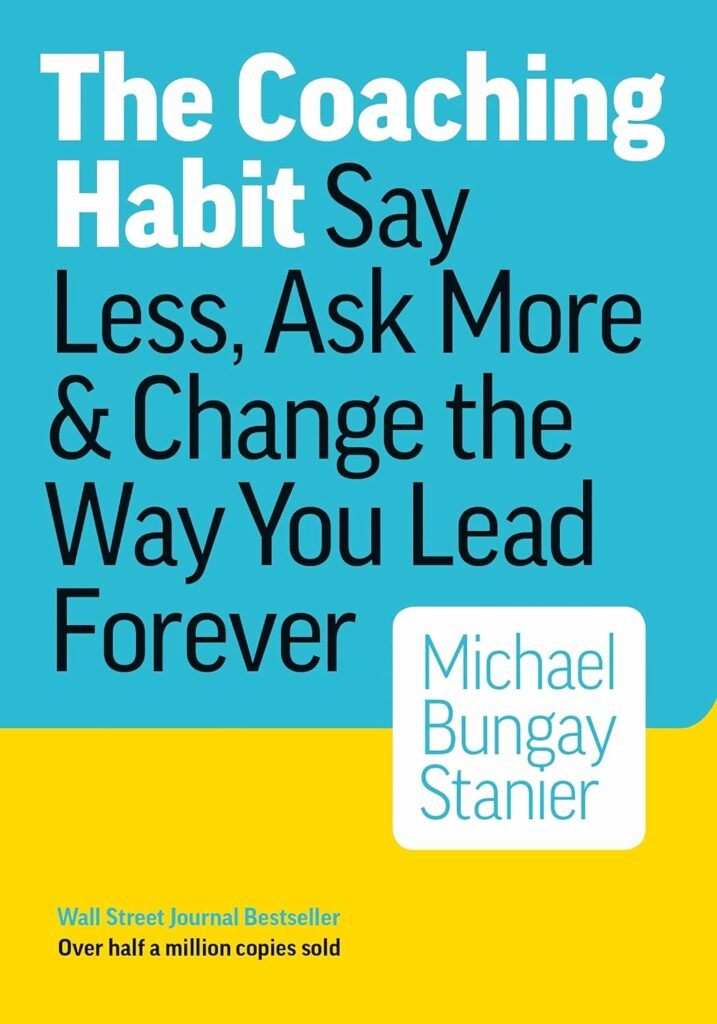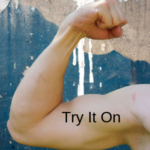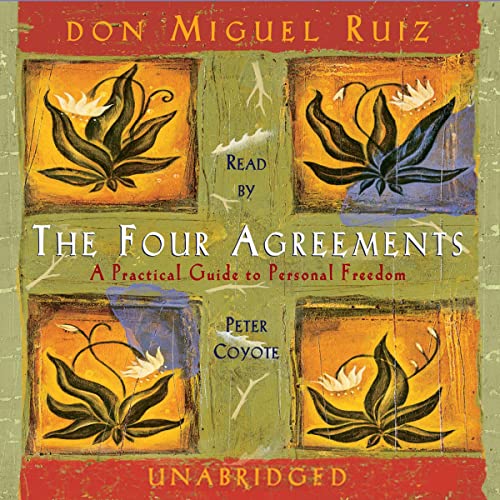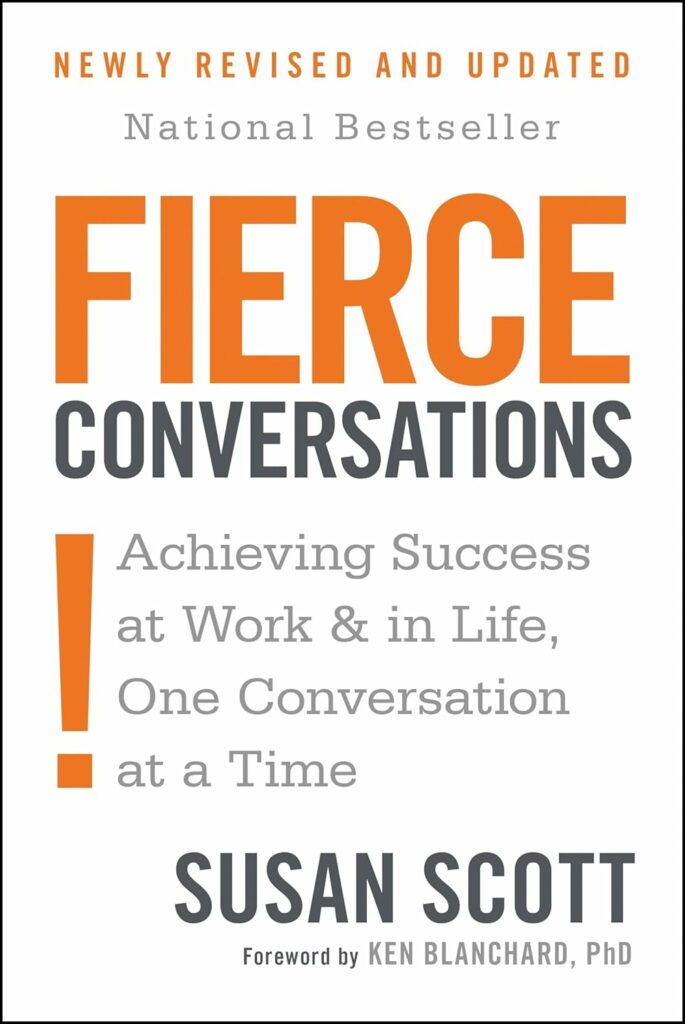Being on autopilot can be useful in many situations. On other occasions, it is necessary to grab the wheel of your life and do your own driving.
—Calm App Reflection
What are your thoughts and feelings regarding self-driving cars?
In the last few years, a number of our friends have purchased electric vehicles.
With longer driving ranges, faster and more convenient charging options, and other cool and useful features, more and more folks are making the switch.
Each of these individuals is more than happy to drive when we get together to show off a bit of their new tech. Among the latest functionalities to get from point A to point B is a hands and foot free option that does all the work for you.
Fortunately, these autonomous driving segments still requires a level of hands-on attention where only an actual person will do.
EXERCISE:
In what areas of your world have you turned the driving over to someone or something else?
Where is the timing right to grab back the wheel and take greater control of where things are headed?














